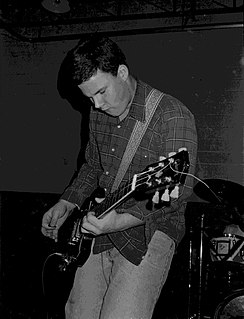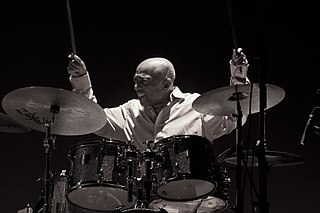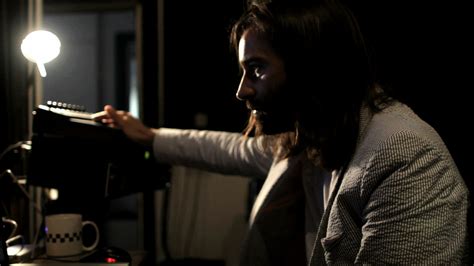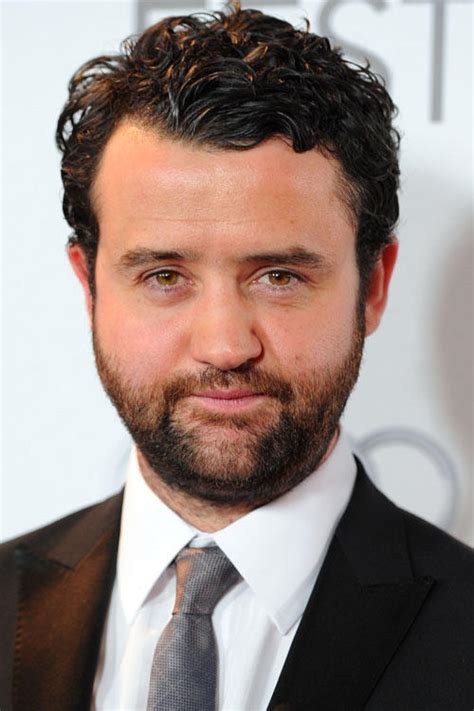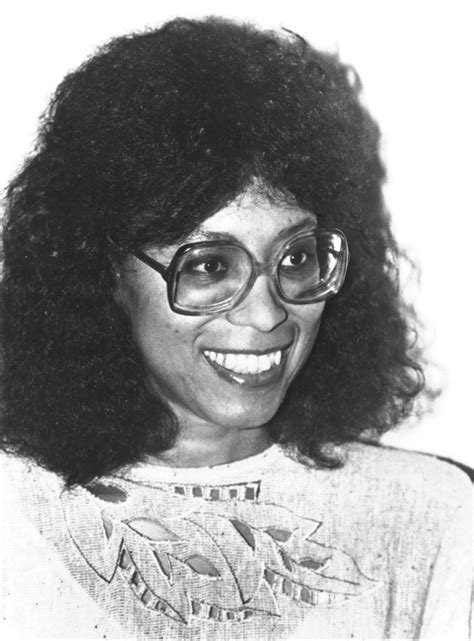A Quote by David Grubbs
The instrumental pieces are compositions, certainly, although that's not the language that I instinctively use. They're not scored, and arrangements are often arrived at collaboratively. I always choose to play with people whose input I desire.
Related Quotes
The micro-compositions are the pieces themselves, but the macro-composition is the whole set of them and how it moves from track to track and how the titles relate to one another, for example. Always when I do records like this of a selection of instrumental pieces - the titles, to me, are very important.
There is a narrow class of uses of language where you intend to communicate. Communication refers to an effort to get people to understand what one means. And that, certainly, is one use of language and a social use of it. But I don't think it is the only social use of language. Nor are social uses the only uses of language.
There was a lot that was tricky about playing with [Thelonious Monk]. It's a musical language where there's really no lyrics. It's something you feel and you're hearing. It's like an ongoing conversation. You really had to listen to this guy. Cause he could play the strangest tempos, and they could be very in-between tempos on some of those compositions. You really had to listen to his arrangements and the way he would play them. On his solos, you'd really have to listen good in there. You'd have to concentrate on what you were doing as well.
Back home, if you get scored on, you're the weak link. When I started getting good, they were like, 'If you're going to play on our team when we go play pick-up, and you start getting scored on, we're not going to let you play anymore.' I started learning how to help other people out with my defense.
Text input is certainly useful, but images and speech are a much more natural way for humans to express their queries. Infants learn to see and speak well before they learn to type. The same is true of human evolution - we've had spoken language for a long time compared to written language, which is a relatively recent development.
I've learned that success comes in a very prickly package. Whether you choose to accept it or not is up to you. It's what you choose to do with it, the people you choose to surround yourself with. Always choose people that are better than you. Always choose people that challenge you and are smarter than you. Always be the student. Once you find yourself to be the teacher, you've lost it.
In my years of working in theatre and TV I've learnt that my main skill is not the instrumental playing but the idea of what to play and my interest for so many kinds of music. Often people ask me to contribute to projects when they don't stay in just one genre. I feel more like a composer who just has to play his own things.
Although there are those who wish to ban my books because I have used language that is painful, I have chosen to use the language that was spoken during the period, for I refuse to whitewash history. The language was painful and life was painful for many African Americans, including my family. I remember the pain.
Magicians and scientists are, on the face of it, poles apart. Certainly, a group of people who often dress strangely, live in a world of their own, speak a specialized language and frequently make statements that appear to be in flagrant breach of common sense have nothing in common with a group of people who often dress strangely, speak a specialized language, live in ... er.
